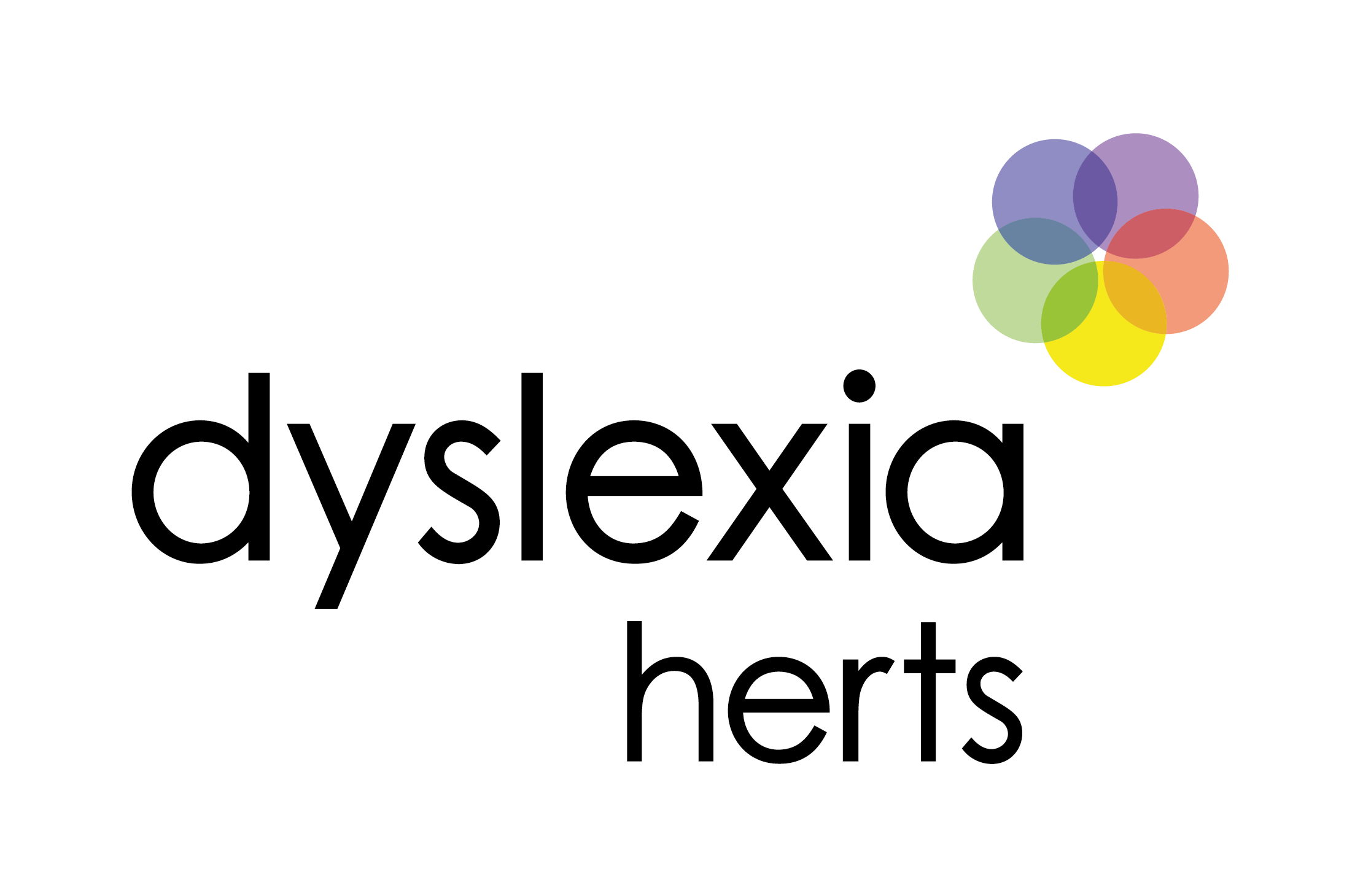Level 7 Diploma in Teaching and Assessing Learners with Dyslexia, Specific Learning Differences and Barriers to Literacy
Learn how to Teach and Assess Learners with Dyslexia and Specific learning Differences
Who is the Level 7 Diploma course for?
The course that we offer is for experienced specialist teachers with a Level 5 qualification in Dyslexia/ Specific Learning Differences. Ideally, this should have been completed within the last 3 years. Candidates who completed their Level 5 qualification longer ago than this may be asked to provide further evidence of their continuing professional development and teaching experience since qualifying.
Candidates may be working as:
-
SENCOs/ Inclusion Managers
-
Learning Support tutors
-
Specialist teachers
-
Speech and language therapists
-
Other professionals working within an educational setting.
Candidates who do not hold a Level 5 qualification in supporting learners with SpLD will need to complete our Level 5 course first before joining the Level 7. We do appreciate that our candidates may have extensive experience within dyslexia and SpLDs or have gained other relevant qualifications- please contact us to discuss the best route for you.
What our attendees say about the course
What will I learn?
This course will equip you with the underpinning theoretical knowledge and practical skills you will need to become a specialist teacher/ assessor and to broaden your knowledge of working with learners with dyslexia and associated specific learning differences.
The course will teach you to administer standardised tests and write diagnostic assessment reports for specific learning differences, which make recommendations to move learning forward, inform specialist teaching programmes and advise on access arrangements in examinations.
You will complete one teaching practice and be observed and supported by tutors as you teach learners with more complex profiles.
How will I learn?
We believe that it is important for our students to meet regularly with others who are working in a range of different settings and learn from working collaboratively with each other. The Level 7 Diploma is a masters level course but also involves practical activities, and you will benefit from face to face time spent reviewing the range of assessment materials available and being able to practice using them in a supportive environment.
Our course offers a combination of online and taught sessions which will include live online or face to face lectures and workshops, tutorials, discussion groups, directed study, research and practical, hands-on sessions working with resources and assessment materials. You will have access to our Virtual Learning Environment and a discussion forum.
Our face to face days will give you opportunities to practice your skills in administering tests and spend time with other professionals working in very different settings from you and learning from each other. Our online sessions are mostly live interactive sessions with break-out rooms for practical group activities.
If you cannot attend the face-to-face days, you can view them online and participate in an online discussion.
If you’d like to know more about studying with us, book an online chat with the course leader:
Book an online chat with the course leader
Training with Us
Training with Dyslexia Herts and gaining the Level 7 Diploma can lead you to many different careers within the field of specific learning differences and provides an exciting opportunity to progress to job roles that require the ability to:
-
Carry out diagnostic assessments for Specific Learning Differences and write assessment reports on learners’ educational needs to inform local authorities, other professionals, learners, and parents/carers.
-
Carry out assessments for children, young people and adults and write reports advising on schools, colleges, local authorities and awarding bodies.
-
Take an advisory role with regard to school/college policies for both inclusion and effective teaching of learners with specific learning differences.
-
Work more flexibly as a freelance specialist tutor/ assessor.
Candidates will also be able to apply for an Assessment Practising Certificate (APC).
Training with Dyslexia Herts will mean that you will have the knowledge and skills you need to provide high-quality support and write reports to a high standard so that, once qualified, you are well-equipped to work in this rewarding field.
Course Outline
-
Introduction to diagnostic assessment – preparing to assess
-
Explore the principles of psychometric testing
-
Begin background reading for extended essay on key theoretical concepts relating to your chosen specialist area
-
Research assessment materials, read test manuals, practice tests and gain information from wider reading on psychometric testing
-
Practice administering & scoring tests and writing up findings
-
Case studies and discussion of different SpLD profiles
-
Develop report-writing skills
-
Explore co-occurring difficulties and complex SpLD profiles
-
Gain confidence in report-writing through group tasks and activities
-
Develop an understanding of recommendations for learners across different stages of education or individuals in the workplace
-
Find out more about resources that are available to support learning, including assistive technology
-
Plan, assess and write 2 formal diagnostic assessment reports
-
Write a review on psychometric testing
-
Prepare to teach
-
Plan & deliver teaching programme
-
Focus on access arrangements
-
Plan, assess and write 1 formal diagnostic assessment report
-
Submit extended essay & deliver a presentation on your chosen specialist area
-
Completion of portfolio with tutorial support
When?
The course runs over three terms and is a blend of live webinars and attendance days over the year and tutorial support (both face to face and online). We also have a Moodle site (Virtual Learning Environment) where you can access course handouts and resources and submit work.
Our next start date will be January 2026. We are open for applications.
The 4 attendance days are held on 1 Saturday a month in February, March, April and May from 9.30 – 5.00
Where?
The course will begin with a series of live webinars, and taught sessions which are held on Saturdays at:
Pennyroyal Court, Station Road Tring, Hertfordshire HP23 5QY
Depending on course numbers your sessions may be held at another location in the Hertfordshire area.
Time commitment
This course requires self-managed study. We understand that most of our students will be studying alongside work and busy lives and have all been there ourselves and really appreciate the challenges this can bring.
We would suggest you allow roughly 1-2 days a week for your studies. Of course, we all work and learn in different ways, and this will vary from one person to the next.
We know that there are times when things do not go as planned and circumstances mean a student cannot complete the course within timescales. We will be flexible and discuss alternatives with you.
Fees & Funding
Fees for 2026 are £4495 plus VAT
Candidates are either fully or partially funded by their school/college, local authority or self-fund. We are able to split the cost into 4 instalments spread over the year. Payments can also be made by Debit/Credit card.
If a school/ college is paying for the course the VAT (20%) can be offset
Interested?
To find out more please book an appointment or contact us by email
To apply please complete our course application form. We will get in touch to arrange to meet you.
Reading list
If you are interested in joining here are some key texts from our reading lists:
-
Castiglione, L., (2023). Assessing the Need for Access Arrangements During Examinations. 7th Edition, Worcester: PATOSS
-
Jones, A., Kindersley, K., (2013) Dyslexia: Assessing and Reporting. The Patoss Guide. London: Hodder
-
Kelly, K., and Phillips, S., (2018) Assessment of Learners with Dyslexic-Type Difficulties. London: Sage
-
Muter, V., (2021). Understanding and Supporting Children with Literacy Difficulties; a Practitioners’ Guide, London, Jessica Kingsley Publishers
-
Reid, G. and Guise, J. (2017). The Dyslexia Assessment. London: Bloomsbury.
-
Sternberg, R.J. (2020). Human Intelligence: An Introduction, Cambridge University Press Cambridge

